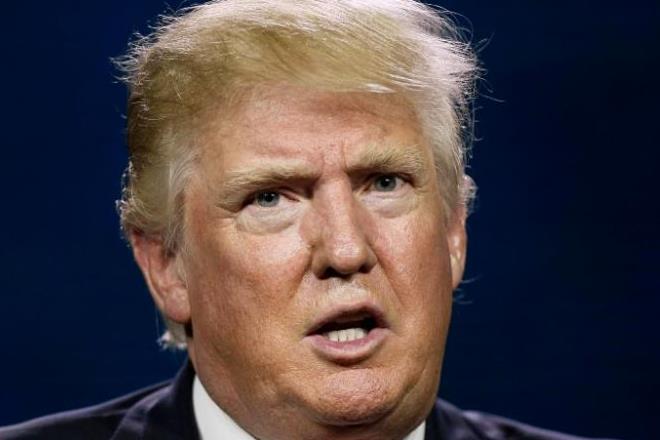No one expects an incoming president to know anything about nuclear physics though the decision to push the button is the most serious one an American president has to make. But somehow, they are all supposed to understand, if not know, the economic problems the country faces and be able to propose solutions. The problem is that, of all the incoming candidates over the years, Trump spoke more of the economic malaise confronting America and had set of solutions ready. He wanted to solve the trade deficit problem by singling out China as a currency manipulator. He wanted to withdraw America from trade agreements. He wanted to spend a trillion dollars on infrastructure and give away a lot of money via a tax cut. He wanted to deregulate the financial services, but also wanted to hold Wall Street bankers to account. He disliked Mexico and the illegal Mexican immigrants and wanted to build a wall.
Also Watch:
A lot of ideas, not internally consistent nor likely to achieve the goals he had set himself. He was aware that there were losers from globalisation, from free movement of labour and goods and services. As a businessman who operated on his own, he did think that as president he would be all powerful and be able to take executive action swiftly. He was not aware of the game theoretic nature of the job. He had to contend with rival poles of power—Congress and the judiciary within the US and other sovereign countries who the US traded with.
The first hundred days come to an end on Saturday, but Trump has made little progress on his agenda. His hasty executive orders on banning travel from Muslim countries fell foul of the judiciary. There is no money in the Budget (proposed by Obama and running from October 2016 to September 2017) for building the wall. Indeed, all the money in the current budget is pre-committed by the Congress which has the right to make the appropriations.
Trump has been lucky inasmuch many of his top appointments are more pragmatic and better informed than he is. Thus, the Goldman Sachs members of his Cabinet have been telling him the facts of economic life. He has changed his views on China. It is not a currency manipulator, he now admits. He has had good words about Janet Yellen, the Chair of the Federal Reserve. Here, again, someone told him that it was not a good idea to be negative about Yellen and reduce her to a lame duck until her term is over in early 2018.
The obstacle Trump faces is his own party in the Congress. The Republicans are split among two or three ideological camps—moderate-conservative, hard-line budget hawks and libertarian idealists. The factions quarrelled over the issue of reforming Obamacare. The Bill stalled and was abandoned. Even Paul Ryan, the Speaker and a darling of the Budget hawks and libertarians, could not rescue it.
This has surprised Trump. If Obamacare stalls, there is little hope of getting the infrastructure spending through. Even the tax reform may not go through unless the president can reassure the budget hawks that the deficit will not be unmanageable. This requires Trump to convince them that the tax-cut will raise the GDP growth rate to 4%. Treasury secretary Steven Mnuchin has been arguing this, but has not yet convinced the legislators.
Whatever may happen therefore on Trump’s economic programme, it is not happening any time soon. He has realised that his favourite solutions can have gainers but also losers. Thus, a tax on imports—the Border Adjustment tax is disliked by Walmart and other sellers of consumer goods. The people likely to be helped by it are supposed to be those who will get jobs when the hitherto imported goods begin to be made at home and generate jobs. But, the losers lose immediately while the gainers need to wait. This alone will make the tax difficult to legislate.
It is unlikely Trump will be able to do much this year. We have yet to see his Budget message to the a Congress which will be one element in the 2017/18 fiscal spend. Trump has to learn that the president’s Budget message does not weigh heavily on the Congress. So, between now and September, the Congress will decide on the Budget for the next fiscal year. Until then, we wait and see.
It is not clear whether we should be relieved or alarmed that Trump will be ineffectual in his first year. At least, he would have learnt how difficult it us to implement an economic policy. Bombing Syria or Afghanistan is much easier.


